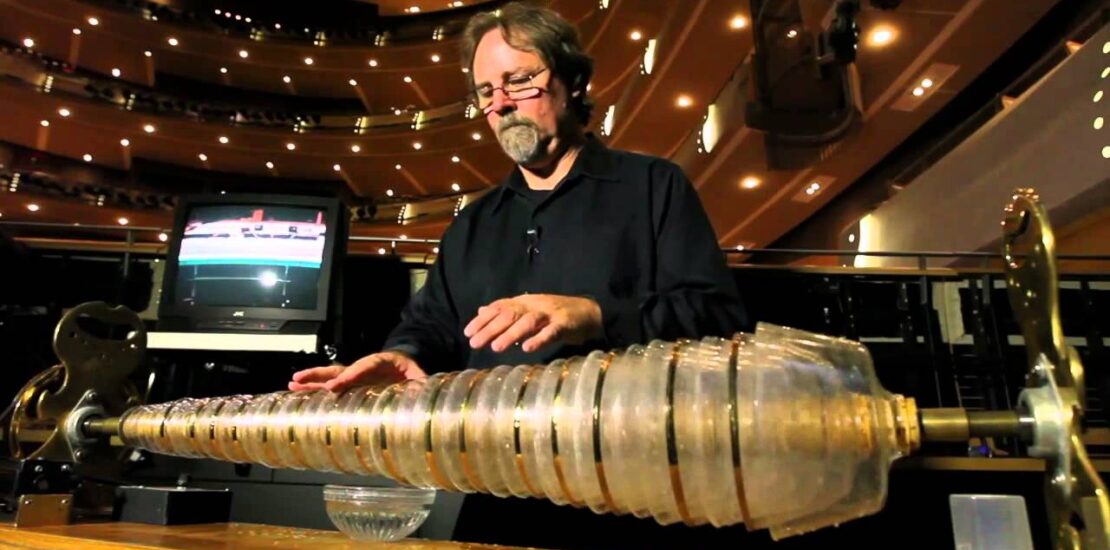major account sales
-
How to Sell to Major Accounts That Love Your Competitor
- October 23, 2023
- Posted by: Dave Kurlan
- Category: Understanding the Sales Force

Salespeople tend to take their best accounts for granted. They don’t call as often as they should. They don’t visit as often as they could. You need to be there and/or on the phone with them more often than the salesperson they like so much. Something is bound to go wrong. Something is likely to disappoint your prospect. That’s your opportunity to change the conversation.
-
A Bit of Holiday Tradition to Spice up your Selling
- December 5, 2016
- Posted by: Dave Kurlan
- Category: Understanding the Sales Force

What is your favorite part of the holiday season? Do you have traditions that you follow every December? For the past 15 years an important part of our holiday season is going to see the Boston Ballet perform the Nutcracker. You wouldn’t think that a show like the Nutcracker would correlate to selling, but it does. As a matter of fact, if you read a little further, you’ll see that the Nutcracker is very much like selling to a major account!
-
School of Rock the Musical Demonstrates Selling to Existing Customers and Customer Service
- February 16, 2016
- Posted by: Dave Kurlan
- Category: Understanding the Sales Force

This weekend we had seats to the new Andrew Lloyd Webber Broadway show, School of Rock. Our son has watched the original movie around a dozen times and didn’t think there was the slightest possibility that the show would be as good as the movie. Did the show meet expectations? I’ll share that in a moment, but first, let’s discuss the dynamic of the show versus the movie and compare that to an ongoing sales challenge. While salespeople have expectations for meeting outcomes and sales results, prospects have expectations too – for the meetings, salespeople, products, services, prices and terms that a company will provide at various times during your sales cycle. In the case of movie versus show, there is a better analogy to strategic account management and even customer service.
-
Top 10 Reasons Why it’s Hard for Salespeople to Land BIG ONES
- November 8, 2011
- Posted by: Dave Kurlan
- Category: Understanding the Sales Force
I’ll be the first to admit that selling to big companies can take much longer, may include many starts and stops, musical chairs, committees, task forces, layers of management and additional competition. But beyond those considerable annoyances, what makes it so difficult?
I’ll offer my thoughts and you can feel free to add your own:
-
Mass. Senate Race Alternate Ending Compares with Major Account Selling
- January 27, 2010
- Posted by: Dave Kurlan
- Category: Understanding the Sales Force
By know you must know about the recent special Massachusetts senate race between Democrat Martha Coakley and relative unknown Republican Scott Brown, the eventual winner. Well guess what! If this hard fought campaign had taken place at the same time 49 other states were holding their senate elections, Martha Coakley would have crushed Scott Brown.

